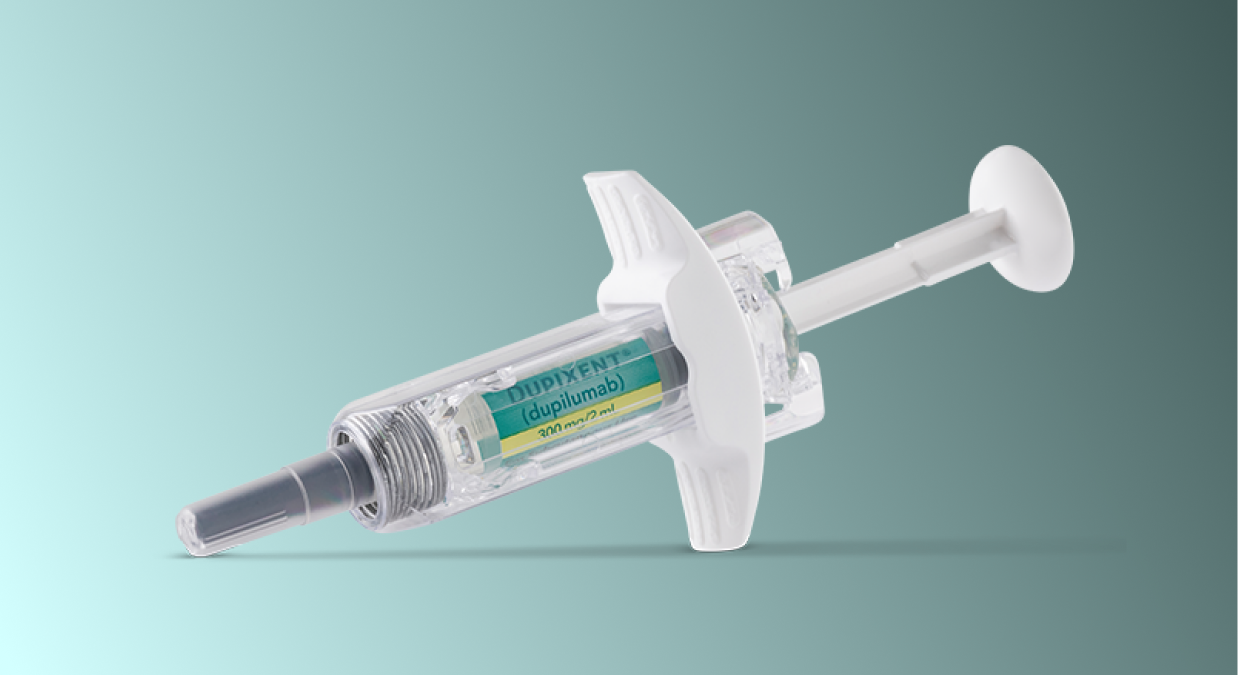Regeneron And Sanofi’s Dupixent Shows Superiority In EVEREST Phase 4 Trial
Dupixent outperforms Xolair in CRSwNP with asthma, showing superior efficacy in the EVEREST trial.
Breaking News
Jun 17, 2025
Vaibhavi M.

Regeneron Pharmaceuticals and Sanofi have announced positive results from the Phase 4 EVEREST trial, in which Dupixent® (dupilumab) demonstrated superior efficacy compared to Xolair® (omalizumab) in adults with severe chronic rhinosinusitis with nasal polyps (CRSwNP) and coexisting asthma. The trial met all primary and key secondary endpoints related to CRSwNP and also showed benefits in asthma control.
“Patients suffering from chronic rhinosinusitis with nasal polyps often live with the constant obstruction of their nasal passages that can lead to burdensome nasal congestion and loss of smell. What’s more, a majority of these individuals also have asthma that can substantially impact their quality of life. EVEREST is the first-ever trial to demonstrate the superiority of Dupixent over Xolair on CRSwNP endpoints in patients with coexisting asthma, along with generally similar safety profiles. Together, these Dupixent outcomes provide important insights that will help guide patients and physicians through the treatment decision-making process,” said Eugenio De Corso, M.D., Ph.D., ENT Specialist, Otolaryngology, Head and Neck Surgery, Rhinology, A. Gemelli University Hospital Foundation, IRCSS, Rome, Italy, and lead investigator of the study.
In the 24-week trial, 360 patients received either Dupixent or Xolair, both added to standard background therapy with mometasone furoate nasal spray. Dupixent outperformed Xolair with statistically significant improvements in nasal polyp size, smell function, nasal congestion, and symptom severity. It also led to greater improvements in lung function and asthma control, with differences emerging as early as week 4.
The safety profile of Dupixent was consistent with previous data from approved respiratory indications. Overall adverse event rates were similar between the two groups (64% Dupixent vs. 67% Xolair), with serious adverse events reported less frequently in Dupixent-treated patients (2% vs. 4%). The results reinforce Dupixent’s potential as a preferred therapy in patients with severe CRSwNP and asthma.
